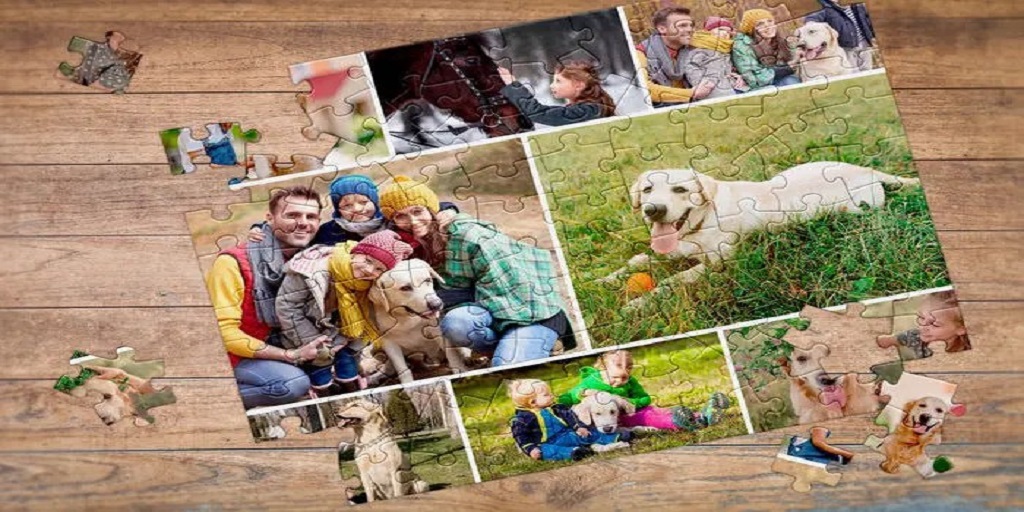
A lot has been made about customer loyalty, but what do companies need to do to get it from their clients?
Customer loyalty is no longer something that companies can take for granted. Technology has completely reshaped how people shop and interact with brands. With just a few clicks, customers can easily compare options, discover new competitors, and switch loyalties if they feel underwhelmed by an experience.
In this environment, the challenge is clear: businesses need to go beyond just selling products or services. They need to build meaningful connections with their clients. One powerful, yet often overlooked, way to do this is through using promotional puzzles as corporate gifts.
Unlike generic items that may quickly get forgotten, puzzles tap into curiosity, engagement, and personal connection. When used strategically, they can strengthen brand loyalty by offering clients a personalized and memorable experience that stands out in their minds long after the initial interaction.
Why Corporate Gifts Matter More Than Ever
Corporate gifting has always been a tool for relationship-building. But today, it plays an even bigger role in customer retention. The reason is simple: buyers expect more than just transactions.
They want experiences that feel personal, relevant, and thoughtful. If their interaction with a company feels flat or generic, they won’t hesitate to look elsewhere. Unfortunately, many businesses fall short here.
A unique puzzle, designed with a company’s brand elements, values, or even the client’s own preferences, transforms a simple gesture into a customized experience. Instead of a one-size-fits-all gift basket, puzzles communicate: “We see you, we value you, and we thought of you specifically.”
The Power of Personalization
Personalization is the driving force behind loyalty. A puzzle can be tailored in countless ways. First, you can use branded visuals. This means incorporating a company logo, product imagery, or brand colors in an image, that will be eventually used in a puzzle.
There is also the option of client-focused themes. Companies can design puzzles around a client’s industry, achievements, or milestones. This can also be used as a form of interactive storytelling, and turn brand values or company history into a puzzle-solving journey.
This personalization makes the puzzle more than just entertainment. It becomes a meaningful keepsake. The client doesn’t just solve a puzzle; they connect with the brand narrative in a way that feels engaging and relevant.
Each piece placed is a small reminder of the company-client relationship, reinforcing loyalty through interaction rather than passive consumption.
Engagement That Builds Emotional Connection
Traditional corporate gifts often lack engagement. A branded pen might be useful, but it doesn’t inspire curiosity. A puzzle, however, is inherently interactive. It requires focus, patience, and problem-solving, all of which create a deeper emotional connection.
When a client spends time assembling a puzzle, they’re not just engaging with the gift itself, they’re engaging with the brand behind it. This sense of involvement makes the gift memorable. Even more, puzzles are often shared with family, friends, or colleagues, extending brand visibility beyond the initial recipient.
From Thoughtful Gesture to Long-Term Loyalty
The end goal of gifting puzzles is to cultivate lasting loyalty. And when a business offers something that’s interactive, personalized, and emotionally engaging, businesses create a deeper bond with clients.
Over time, these seemingly small gestures accumulate into strong brand affinity. Clients are more likely to stay, more likely to recommend the brand to others, and more likely to view the relationship as a partnership rather than a transaction.
In a market where loyalty is fragile and choices are endless, businesses can’t afford to rely on generic approaches. Unique puzzles as corporate gifts provide a creative solution that blends personalization, engagement, and consistency.
They offer experiences that reflect a brand’s commitment to understanding and valuing its clients. And when clients feel seen and appreciated, loyalty naturally follows.


